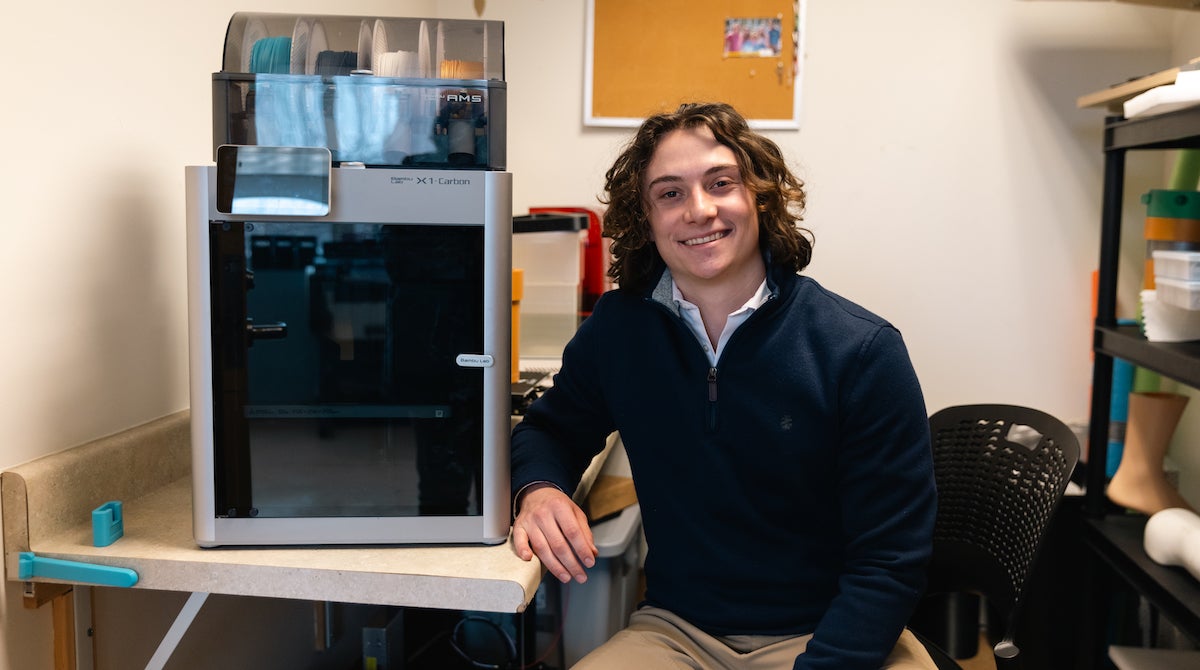Spirituality and Work Curriculum
In this online certificate, you will identify how work can support a sense of self, meaning and purpose while engaging in critical analysis of the dimensions of the workplace that impact employees’ inner lives.
Courses You’ll Take
Spirituality and Work Curriculum
Spirituality and Work Requirements
To see more details about the program, please visit catalog.merrimack.edu.Loading…
Courses You’ll Take
Spirituality and Work Curriculum
Spirituality and Work Requirements
To see more details about the graduate program, please visit catalog.merrimack.eduLoading…

